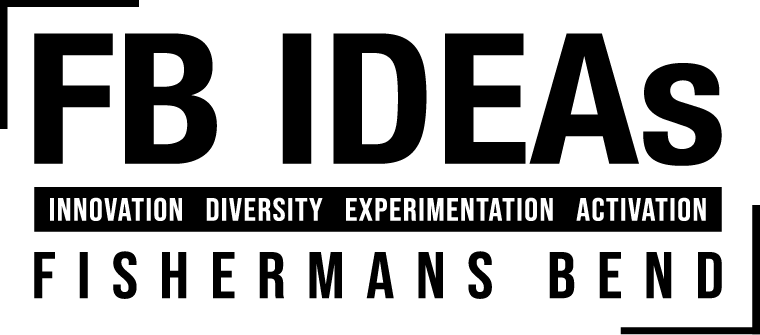More-than-human Urban Design
Image Credit: Tony Yu. Data provided: Flinders Judd. Spatial Information Laboratory (SI_Lab), 2024. (Supplied by Melbourne School of Design, University of Melbourne)
Going beyond our existing human-centred approaches to urban design
Led by Melbourne School of Design, this project aims to create a network of ‘more-than-human habitats’ that will demonstrate how to foreground biodiversity repair and regeneration in Fishermans Bend, exploring how a holistic approach to urban design and development is urgently required to face our shared challenges of climate and biodiversity breakdown and public health.
Starting with one prototype, the MSD team and students will conduct research and explore new forms of architecture and urban design which are beyond our existing human-centred approaches.
Developed with Dr Stanislav Roudavski, the program will be facilitated by Associate Professor Rochus Hinkel together with Professor Dan Hill. The project will bring together students and subject leaders across digital data collection, visualisation and analysis, digital fabrication, robotics, and CNC milling. MSD students participating in the SI_Lab (Spacial Information) and DF_Lab (Designing Making) electives will participate in the program. The project is also supported by the Creative Futures Design Research and Education Fund to undertake design research at Fishermans Bend and conduct workshops for high school students from regional Victoria.
Over time, the vision for this program of work is to include public-facing events, exhibitions, open data feeds, and student design work that will promote networks and corridors of biodiversity habitats, traced across the post-industrial urban terrain of Fishermans Bend.
“This project will allow our students to go deeper and explore emerging technologies that prioritise designing for biodiversity during a time of climate crisis. Using Fishermans Bend as a test case, students from Si_Lab and DF_Lab are encouraged to think beyond traditional architectural limitations to provide industry-ready solutions that protect our shared future.”
Project Lead
Melbourne School of Design, at University of Melbourne
Project Partners
FB IDEAs

